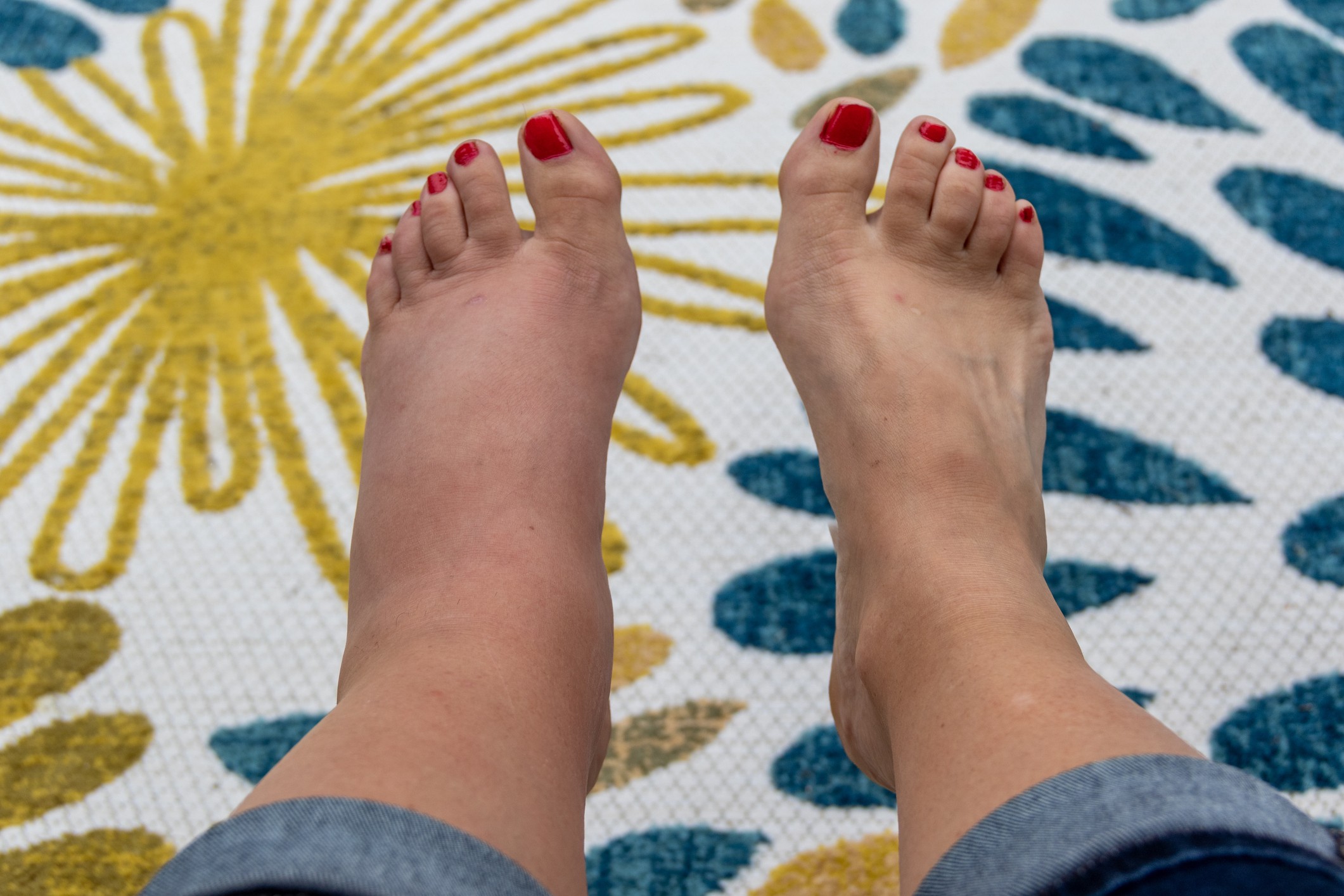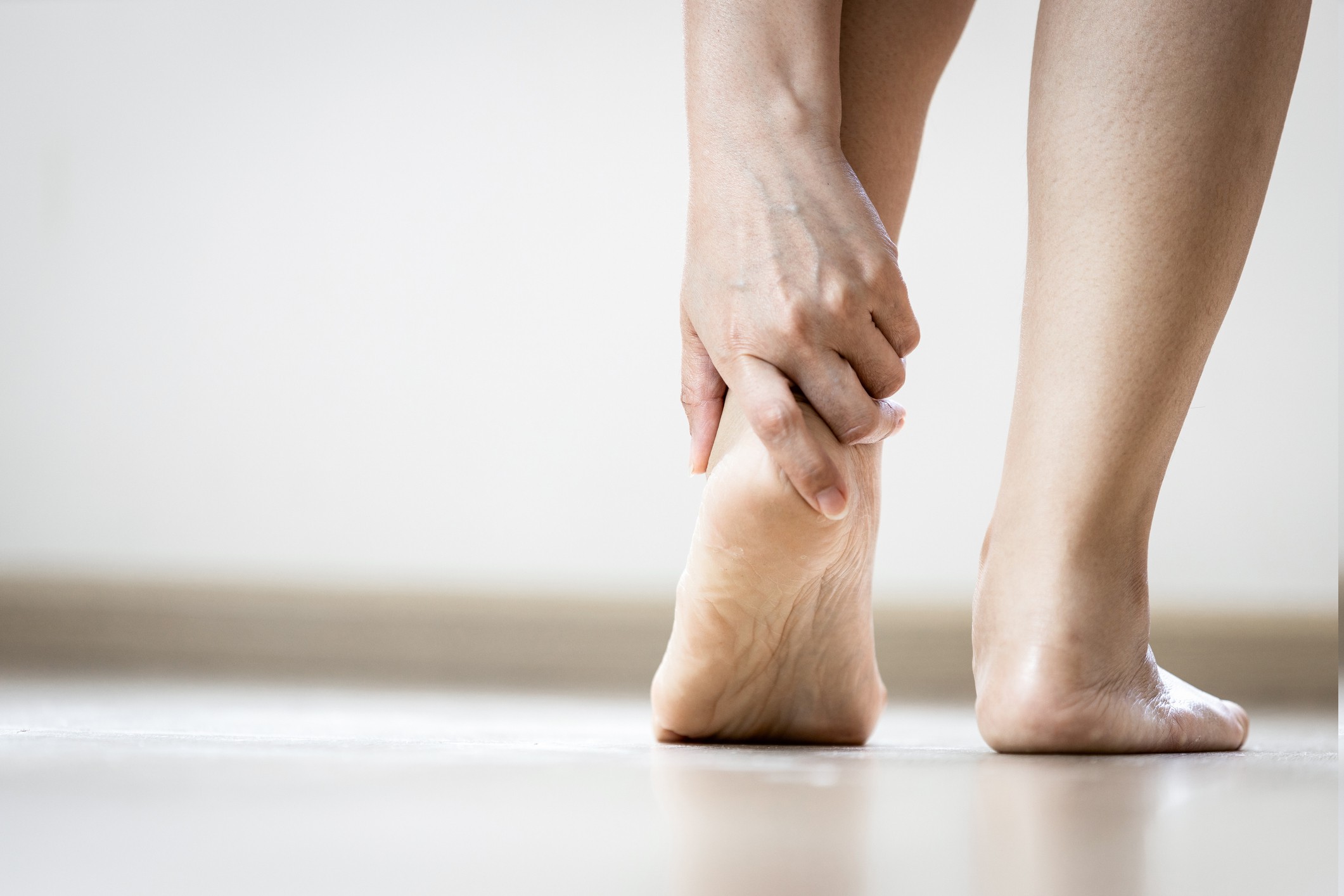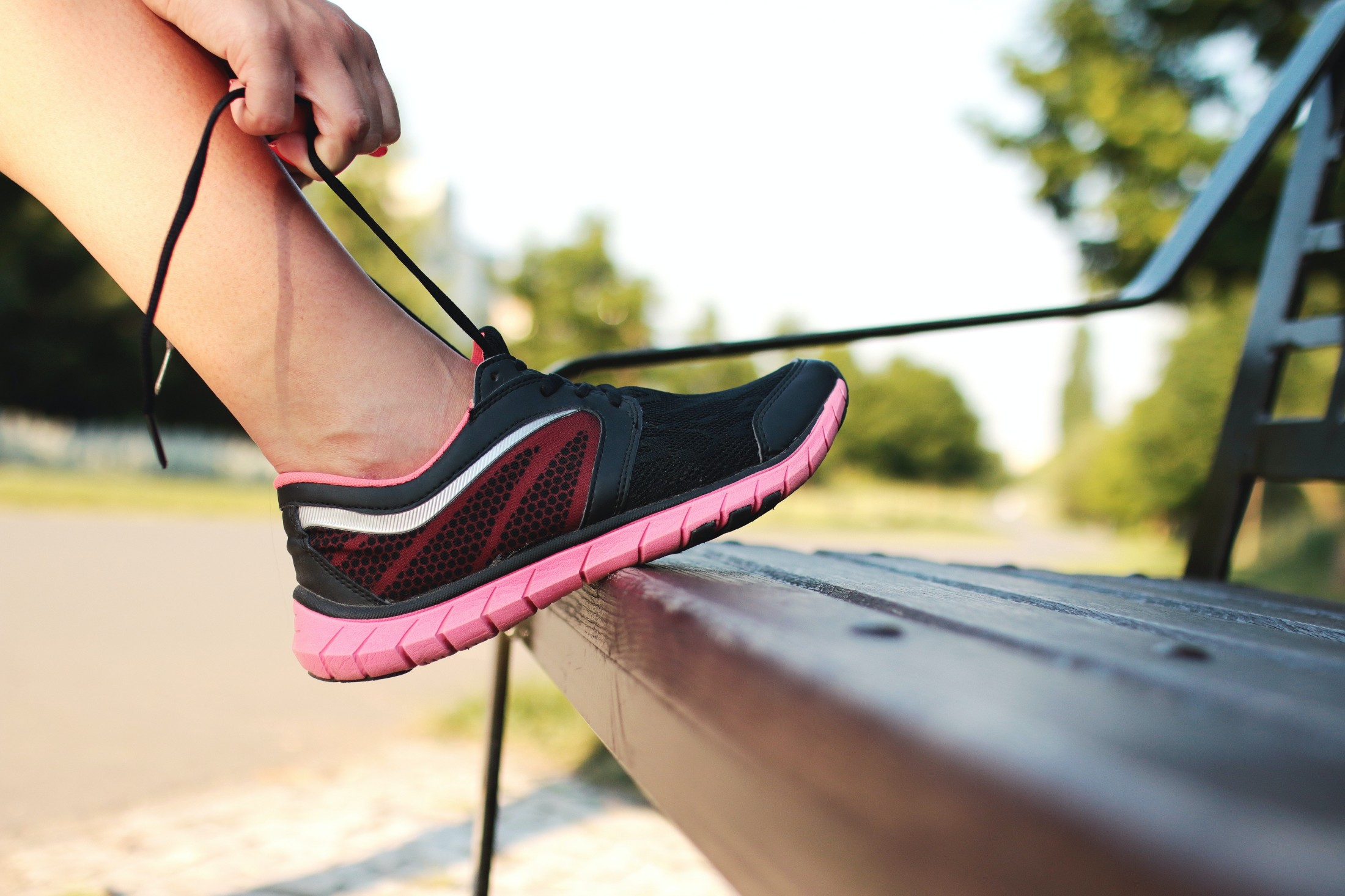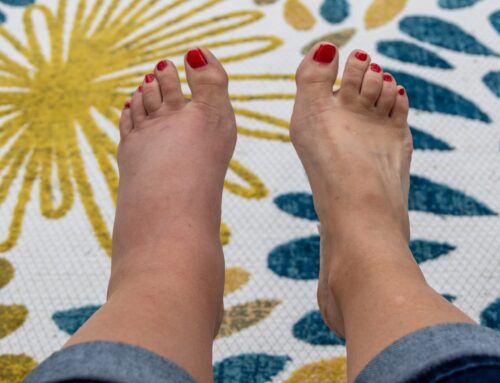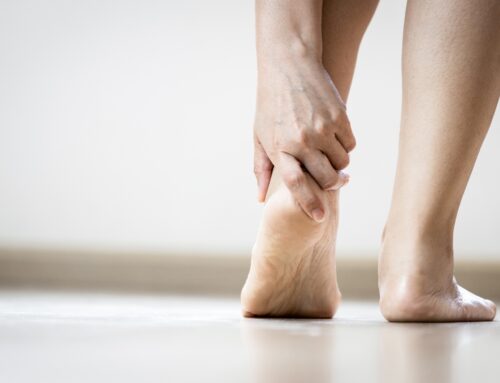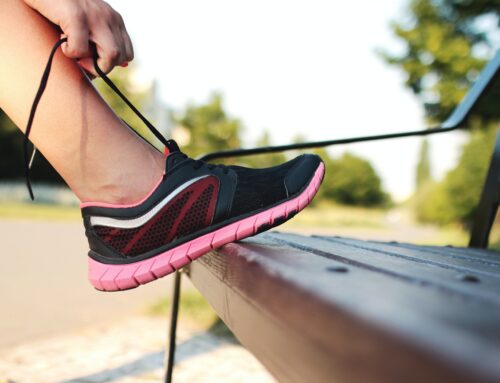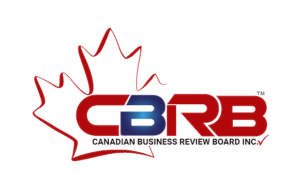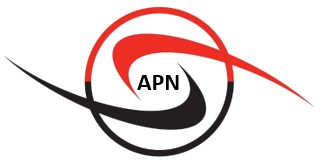Anyone working in the medical field at this time of COVID-19 faces significant risks for workplace injury.
Doctors, nurses, ambulance attendants, paramedics, and personnel support workers on the frontlines of the pandemic battle face the risk of exposure and worse. They can infect others if they don’t know they are sick. Or they could meet an early demise due to the aggressive nature of COVID-19.
Line-ups at hospital emergency wards, ill older folks in long-term care facilities, emergency responses for people who face the virus are the risks and hazards our emergency personnel face daily.
Due to strain on the medical system, our medical support teams work longer hours and more shifts. The taxing physical nature of the work, and the mental and emotional strain that they accept without a word of complaint, makes them heroes for all of us.
The stress and pressure of working long hours in a physically demanding environment can cause injuries, and the injuries can be debilitating, keeping the personnel from performing their tasks.
Care-Med provides medical devices to assist our medical personnel who sustain injuries on the job due to the physical activities they regularly perform.
Moving stretchers, lifting patients, turning, bending, and moving that tax muscles and joints stressed to the max will lead to conditions that will affect the entire biomechanical spectrum.
When injuries come from overexertion that the job requires, you will need additional support to keep you on the job. When the necessity arises for an additional medical device, we have world-class devices fitted to your address your physical problem.
Back injuries
Back injuries in the workplace come from five different areas. If you have poor posture, bad body mechanics, poor physical condition, work at a job/career where you need to expend a great deal of energy and lift things incorrectly.
According to statistics, more than 75 percent of all back injuries occur when an employee is lifting something. To reduce the risk of workplace injury, tighten your core muscles, and remember to lift with your legs, not your back. Also, try to keep the object as close to your body as possible and get help when you feel it is too heavy for you to lift on your own.
Shoulder injuries
Shoulder injuries in the workplace can come in many forms. Due to the shoulder and shoulder joint’s complex nature, risks come from the most unlikely places.
Engaging in heavy lifting at work may put your shoulder at risk of sustaining a workplace injury in any area of the shoulder blade, muscles, or tendons. Lifting and pushing activities in a host of occupations place a significant strain on the shoulder.
If you find yourself in an awkward position when performing daily tasks, a long-term degenerative condition can develop that will force you to change jobs. Chronic pain can come from repetitive activities in the workplace, and the long-term outlook for an employee is a bleak one.
Using equipment will take a toll on the shoulder. Repetitive actions and vibration from the equipment create the scenario where an injury will develop and be with an individual for the long haul.
Slips and falls are another contributor to shoulder problems if you fall and use your arm to brace for impact.
Elbow pain
Elbow pain in the workplace comes from many different types of activities that can be termed repetitive in nature.
Cubital tunnel syndrome inflames the nerve in your elbow that causes intense pain in your ring finger. Referred pain is a problem that is caused by injuries in other regions of the body. For example, a back problem can cause irritation in the elbow or neck.
Tennis elbow is a common injury; it affects the outside of the elbow and is consistent with activities that require a person to grasp objects. When we lift heavy items, we risk injuring ligaments through the stress that is put on the elbow when performing activities.
Knee pain
When you are at work, do you put a great deal of stress on your knees from standing? Most occupations do, and that is the cause of workplace knee injuries that involve many different activities.
The knee is made up of joints, ligaments, tendons, bursa and cartilage that work in unison to stimulate movement. Some common knee injuries that occur in the workplace are contact stress, overexertion, squatting/kneeling and lifting.
Contact stress becomes evident when engaging in activities that force our knees to press against hard surfaces. Overexertion is a common workplace injury that causes tendonitis, muscle tears and pain in the knee.
When you assume a position that involves squatting or kneeling, your bursa and ligaments are under pressure, and prolonged activities will cause inflammation and instability of the knee. Lifting objects using your back and knees will cause deterioration of the cartilage and ligaments.
Hand and wrist injuries
Hand and wrist injuries are more common than people think. They result from awkward positioning when attempting a task, trying to do too much with your hands. Exposure to heat or cold can lead to problems that the hand and wrist may bear the brunt of when a person is subjected to less than ideal conditions.
Cuts and lacerations make up the bulk of hand injuries, while strains and sprains make up the Lion’s share of wrist injuries. When you work with your hands, or they assist you with tasks required in the workplace, you must understand that your hands and wrists are the most important limbs/joints you have.
Constant motion or repetitive activities like typing using a mouse or moving/lifting can cause long-term damage to your wrist and hand, causing them to perform at less than 100 percent.
Care-Med can relieve your pain and keep you on the job.
For over 18 years, the Care-Med staff has been keeping people on the job with a host of medical devices that serve to relieve pain caused by work-related injuries. The credentialed, certified staff at Care-Med will take your diagnosis and provide the right medical brace to treat your workplace injury.
Share This Story, Choose Your Platform!
We specialize in orthotics, body braces, and compression wear tailored to your unique needs in Toronto. Reach out to us at info@caremed.care or call 416-782-5353 to book your fitting and consultation.
Experience the difference of customized solutions designed just for you.


